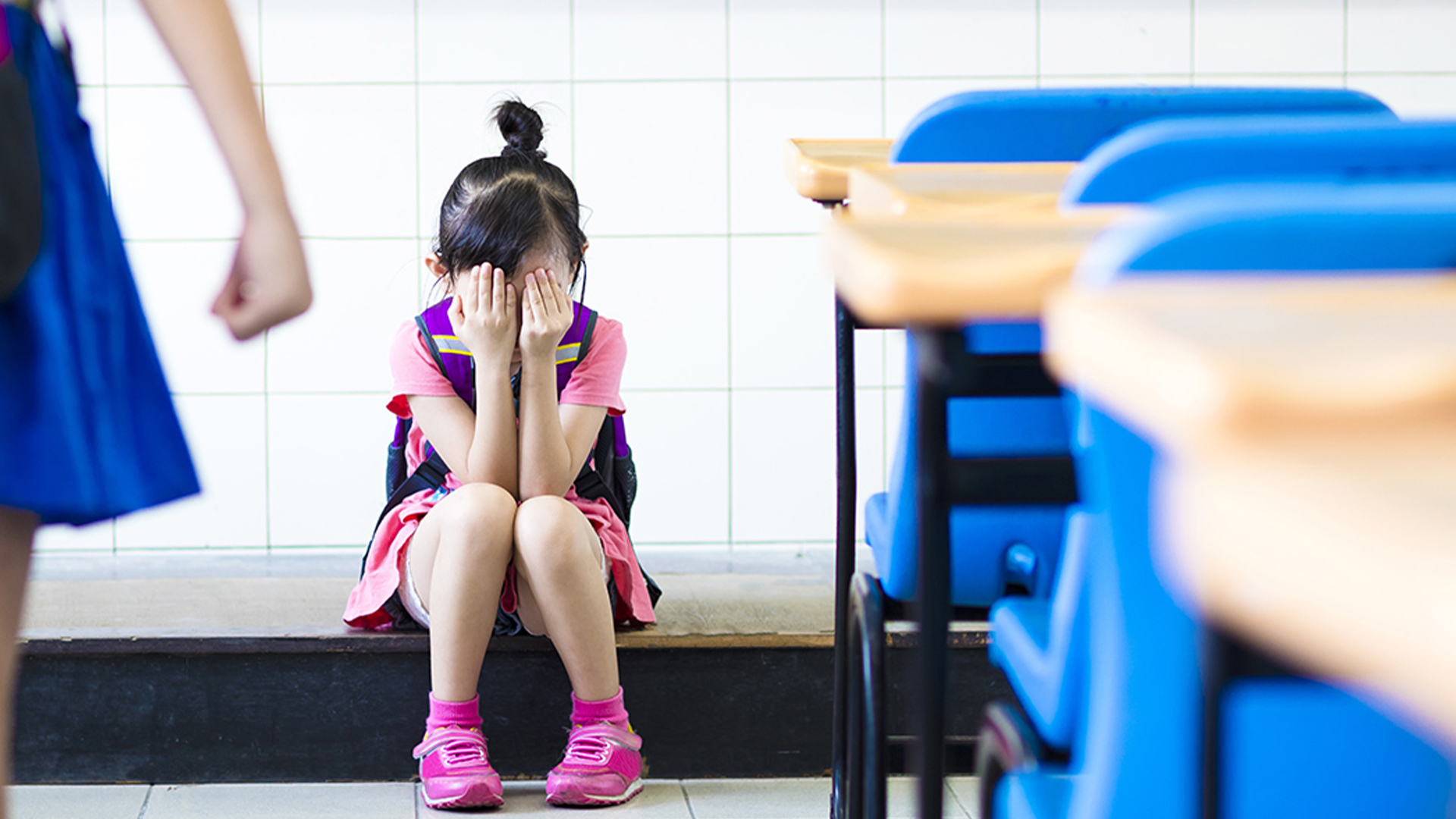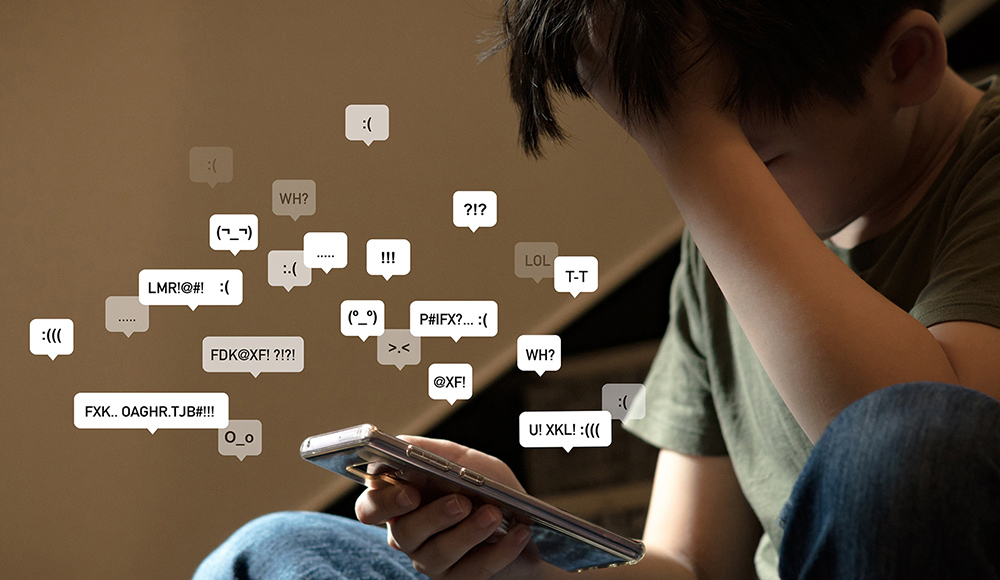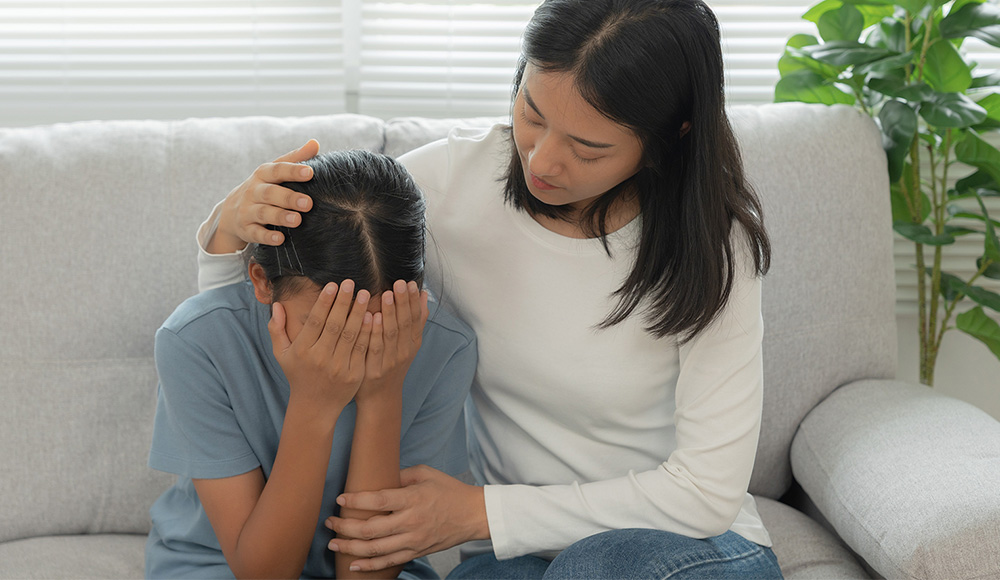Home › Singapore Buzz › Breaking the Cycle of Bullying
Home › Singapore Buzz › Breaking the Cycle of Bullying

How parents can support their child against school bullying — and guide them to recognise and reject such behaviour.
A boy is filmed being slapped and kicked by other youths. A girl is taunted by classmates who call her “ugly.” These aren’t just fleeting moments of cruelty — they leave lasting scars on the victims, chipping away at their confidence and sense of safety.
Such incidents, once hidden behind classroom walls, now surface in viral videos online, sparking outrage and highlighting the harsh reality of school bullying. But beyond the headlines and social media debates, the victims continue to struggle — often in silence — with anxiety, isolation, and self-doubt.
According to Ms Sim Si Lin, Senior Clinical Psychologist at the Institute of Mental Health (IMH), bullying is a form of aggressive behaviour where an individual intentionally causes harm or discomfort to another person — and it can take many forms. It may be verbal, with name-calling, insults, and threats. It can also be physical, such as shoving or hitting. In some cases, bullying is more subtle, like exclusion from social groups, persistent harassment, or online attacks.

According to the Ministry of Education, reported bullying cases in Singapore have remained steady over the past five years, averaging two per 1,000 students in primary schools and six per 1,000 students in secondary schools annually.
While physical bullying grabs headlines, cyberbullying is quietly on the rise. Unlike traditional bullying, cyberbullying extends beyond the school, following victims home through social media, messaging apps, and online platforms. The anonymity of digital spaces allows bullies to act without immediate consequences, making the harassment relentless.
“The IMH team sees quite a fair number of bullying cases, particularly cyberbullying, among children and adolescents,” says Ms Sim. “The discrete nature of cyberbullying, coupled with the features of certain platforms, such as disappearing messages, private chat groups, and anonymity of posts, makes it more challenging for authorities to detect and address these incidents,” she adds.
As a result, victims may endure hurtful messages, manipulated images, or social exclusion without parents or teachers realising — until the emotional toll has already taken hold.
Parents who suspect their child is being bullied should look out for certain physical, emotional, and behavioural signs. Ms Sim explains that stress and anxiety from ongoing harassment can manifest as stomach aches, sleep disturbances, and even weakened immunity, making victims more prone to illnesses.
Emotionally, victims often experience:
Behavioural changes can include social withdrawal, increased aggression, tantrums, or even regression (e.g., bedwetting).
If parents notice these signs, they should initiate an open conversation to explore potential stressors in their child’s school or social life.

When parents discover their child is being bullied, anger is a natural reaction. However, Ms Sim cautions against certain harmful responses:
Parents can help their child navigate bullying by following these strategies outlined by Ms Sim:

While parents don’t want their child to be bullied, they also don’t want them to become bullies themselves. According to Ms Sim, children may bully due to unmet emotional needs.
One of the most effective ways to prevent bullying is to teach empathy from an early age. Parents can:

If a parent is told that their child has bullied a schoolmate, Ms Sim advises against reacting with immediate scolding or punishment. “Such reactions send the message that a third party’s account is more important than your child’s perspective, potentially closing off vital communication,” she points out. Instead, parents should:
Bullying in schools is a serious issue, but parents can play a proactive role in both protecting their children and preventing them from becoming bullies. By fostering open communication, emotional resilience, and empathy, families can help break the cycle of bullying — and create a safer, kinder environment for all children.
Counselling and therapy can help children navigate their emotions and develop healthy coping strategies.
For victims of bullying
Sadness and anxiety are natural reactions, but if your child continues to struggle emotionally long after the bullying stops or expresses feelings of worthlessness, professional help may be needed. “Additionally, if the child struggles with specific skills, such as assertiveness, professionals can offer targeted support,” says Ms Sim.
For bullies
Bullying behaviour often signals unmet emotional needs or personal struggles. “If you are unable to help your child develop healthier ways to express themselves, seek professional help. This is especially important if aggression is linked to external stressors or persists despite informal intervention,” advises Ms Sim. Therapy can uncover underlying issues and guide children toward positive behaviour.
Useful Helplines
Tinkle Friend by Singapore Children’s Society
A national toll-free helpline for primary school children.
Tel: 1800-2744-788 (Mon to Fri, 2.30pm to 5pm)
Round-the-clock emotional support.
Tel: 1767 (24 hours)
WhatsApp: 9151-1767 (24 hours)
Like our stories? Subscribe to our Frontline Digital newsletters now! Simply download the HomeTeamNS Mobile App and update your communication preference to ‘Receive Digital Frontline Magazine’, through the App Settings.




